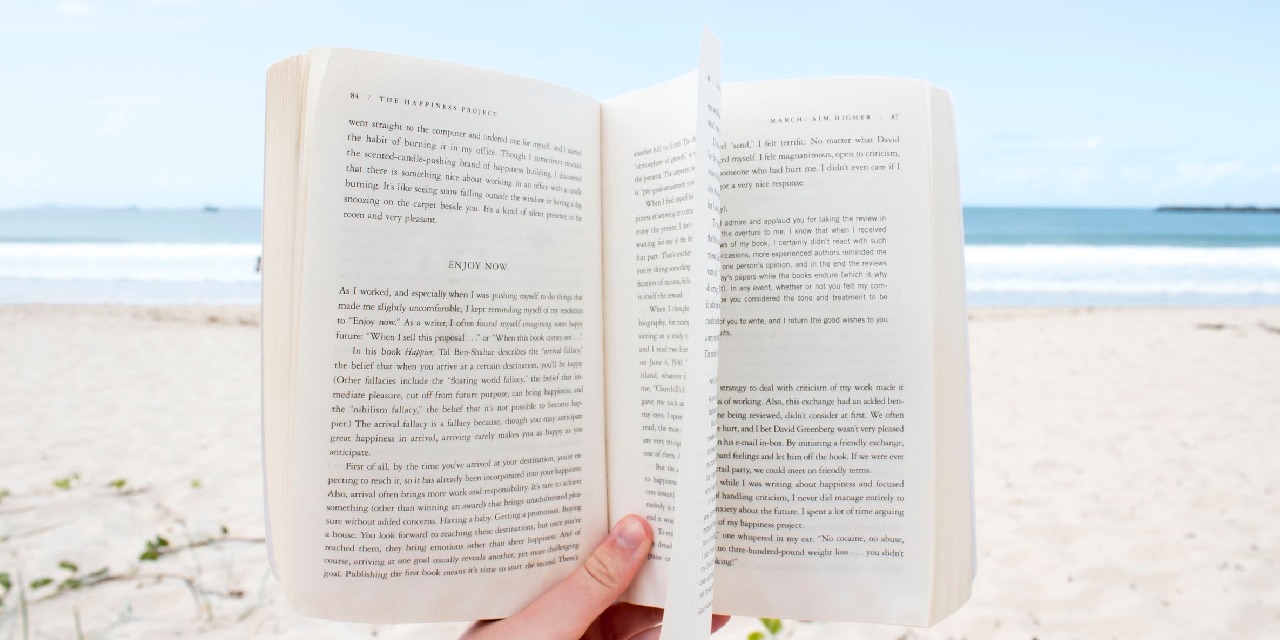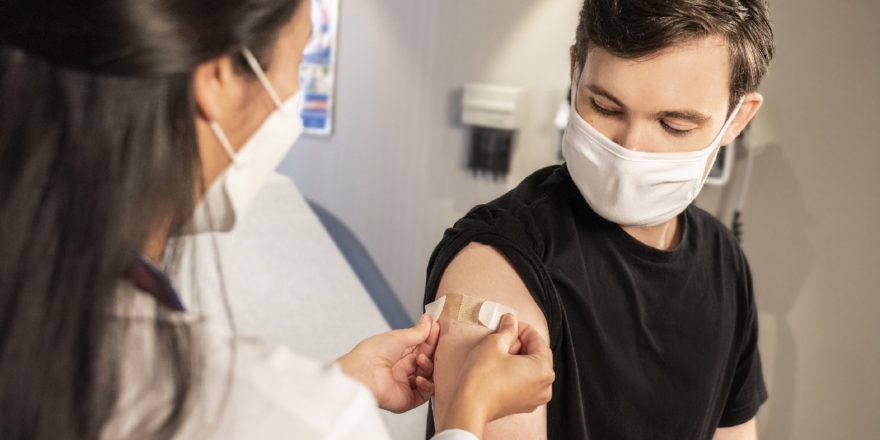From stand-up comedy to knitting teddy bears, some physicians have unique ways to unwind from daily stress and keep the looming threat of burnout, which hangs over the medical profession, at bay.
Burnout rates among physicians in the United States are at an all time high. In fact, the levels of burnout among physicians are substantially higherTrusted Source than in the general population. Satisfaction with work-life balance is also on the decline.
That said, many physicians have found ways to maintain their side passions. Neurology Today dedicates an entire feature, Off the Clock, to highlighting neurologists’ hobbies and how they find time for them, from making sweets and dancing to blowing glass and teaching spin classes. These neurologists tie their hobbies back not only to their clinical practice but also to their overall well-being as doctors. On using martial arts and tango as ways of cultivating resilience on the job, Dr. Meriem K. Bensalem-Owen told Neurology Today, “So you have to do something for yourself, to clear your mind of your sad stories, your complex patients, your failures.” In fact, one letter published in Academic Medicine argued that hobbies should be used as a benchmark to gauge self-care and wellness in medical students.
After all, our passions outside of work deliver a crucial reminder: We are humans first and physicians second. But your hobbies don’t have to be at odds with your medical career. Some could actually serve as a stress-free way to tune up skills that you use in the workplace. Here are four hobbies for doctors that can boost your quality of life both inside and outside of the hospital.
Meditation
The benefits of mindfulness are documented enough that hospitals have introduced yoga and meditation for patients as a way to provide adjuvant care. But these benefits aren’t limited to your patient population.
You face constant stressors in and out of the hospital: phone calls, clinical changes and endless documentation. Anxiety and stress can cloud your clinical judgment. Routine meditation can promote psychological balance by easing anxiety and depression; it can also improve memory and serve as a “reboot” for the mind. The practice of meditation strengthens the neural connections that promote a positive outlook and connectivity.
Writing
You spend a lot of time in the hospital on the computer, writing notes about your patients’ clinical status, discharge summaries and admission notes. The last thing you may want to do when you leave the hospital is to write more. But don’t overlook the benefits of extracurricular writing.
This kind of writing could include anything from journaling to journalism. Nonfiction journal articles and blog posts require data collection, research, analysis and attention to detail, all of which are skills you use when you evaluate patients.
Narrative medicine, a popular form of creative nonfiction, is also a path to stress relief. Common themes are the challenging and emotional personal experiences and interactions with patients in the workplace. As you write about these experiences, you process events and gain clarity in a way that is more productive than a “vent session.” You demonstrate empathy for yourself and for the patients or other individuals involved.
Reading
Clinicians are lifelong learners, which makes reading one of the most natural hobbies for doctors. Nonmedical reading material can be beneficial for your work, too. When you read books and articles outside your usual sphere, you sharpen your comprehension skills, improve your vocabulary and broaden your knowledge base.
Moreover, when you read about the experiences of others, you are introduced to new perspectives and motivations. This bolsters your capacity for empathy, which can help you navigate tough conversations with patients and their families. Strong empathy and communication skills will also serve you well as you collaborate with other members of your medical team.
Whether you have old hobbies to dust off or you’re interested in taking up something new, where do you start? First, be realistic: Choose one hobby to focus on each week for a reasonable amount of time. But also prioritize yourself. Isolate one to two blocks of time each week during which you can explore your new hobbies or decompress. The goal is to keep your hobbies enjoyable, not just another task on your endless to-do list.




